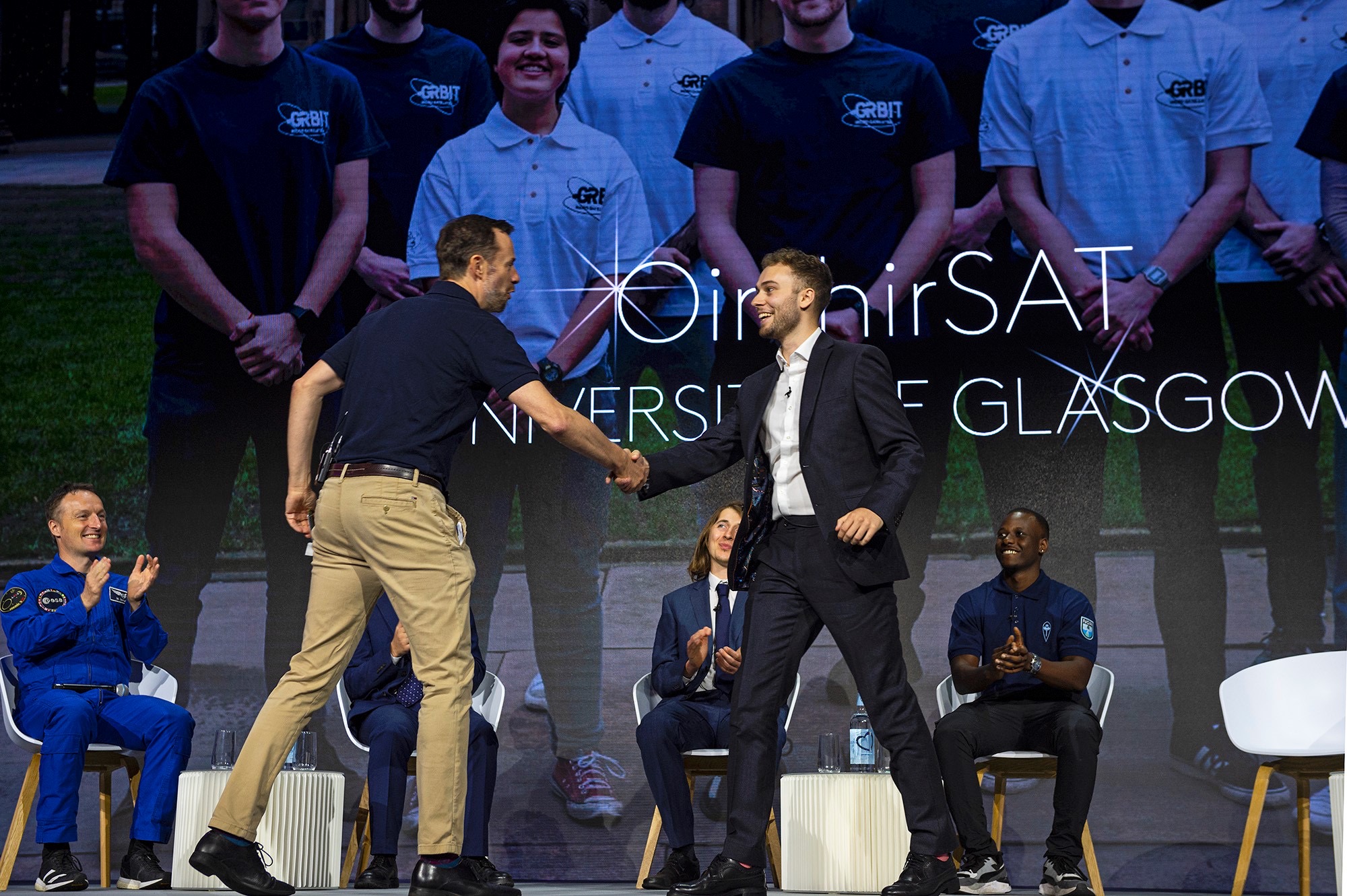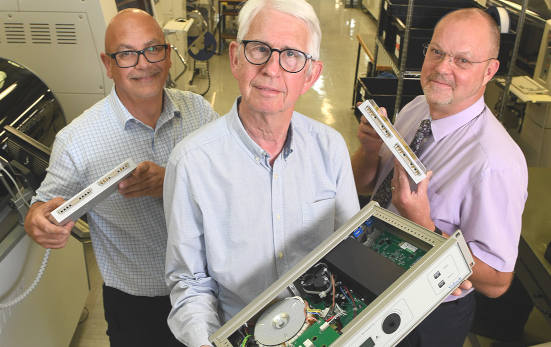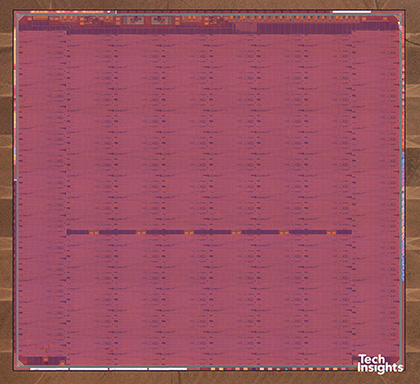
The 10 students designed a satellite to analyse shorelines and coastal vegetation to help scientists and policymakers understand the impact of climate change on coastal regions.
The Nanosat Design Competition was run by the UK Space Agency and Department for Transport.
The winning team from Glasgow, named OirthirSAT, beat more than 40 teams from across the UK, aged between 16 and 37, with the judges praising their entry for identifying a clear way to tackle climate change and test new technologies.
The OirthirSAT team members are:
Joe Gibbs, PhD, Aerospace Sciences
Diego Hidalgo De Las Heras, MEng Aeronautical Engineering
Georgios Tita, MEng Electronics and Electrical Engineering
Freya Muir, PhD in Geographical and Earth Science (Coastal Modelling)
Theodoros Serghiou, MEng Electronics and Electrical Engineering
Ignacio Serrano Martín-Sacristán, BEng Aerospace Engineering
Gregor MacAskill, MEng Aeronautical Engineering
Civan Doǧan, Computing Science
Nektarios Chari, MEng Mechanical Engineering
Natalia Ibagón Sánchez, MSc Robotics and AI
“With satellite launches due to start from home soil this year, there is no better time to support the next generation of space experts in developing satellites to support our mission against climate change,” said Secretary of State for Transport, Grant Shapps, “the UK is set to become the first country in Europe to host small satellite launches in 2022, building on the UK’s leading small satellite industry.”
“Satellite technology plays a crucial role in monitoring our climate and it is fantastic to see so many innovative ideas to help tackle the most pressing issue facing our planet,” says UK Space Agency CEO, Paul Bate.
The Nanosat Design Competition opened in November 2021, with space scientists invited to design a small satellite suitable for launch from the UK to help inform solutions to climate change.
Five teams were chosen from the initial entries to go through to the final stage, which included a four-month mentoring programme with space sector experts.
The OirthirSAT team was announced overall winners by European Space Agency astronaut Matthias Maurer at the Farnborough International Airshow today (Friday 22nd July 2022).
The four other finalists came from Reliance Precision Engineering, in Huddersfield, Sir William Borlase’s Grammar School, in Marlow, Buckinghamshire, the University of Kent and the University of Southampton.
“It’s hugely exciting to be able to develop our winning design to help protect the coast against climate change,” said Freya Muir, a PhD student at the University of Glasgow on the OirthirSAT team.
The team will use the prize money to build their satellite with ongoing support from the competition’s mentors, to help develop their proposal from design to build, with a view to launching from the UK in the coming years.







